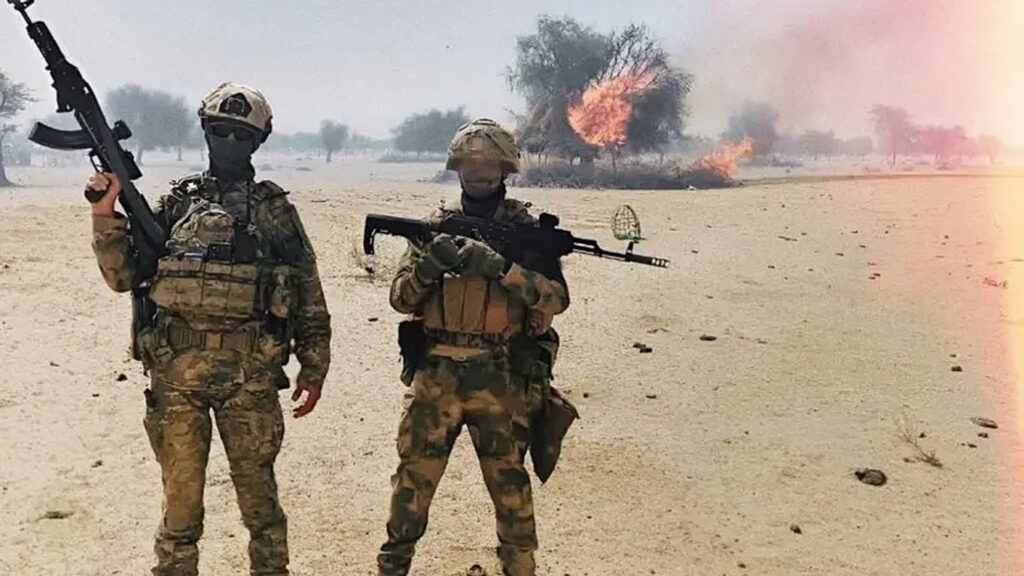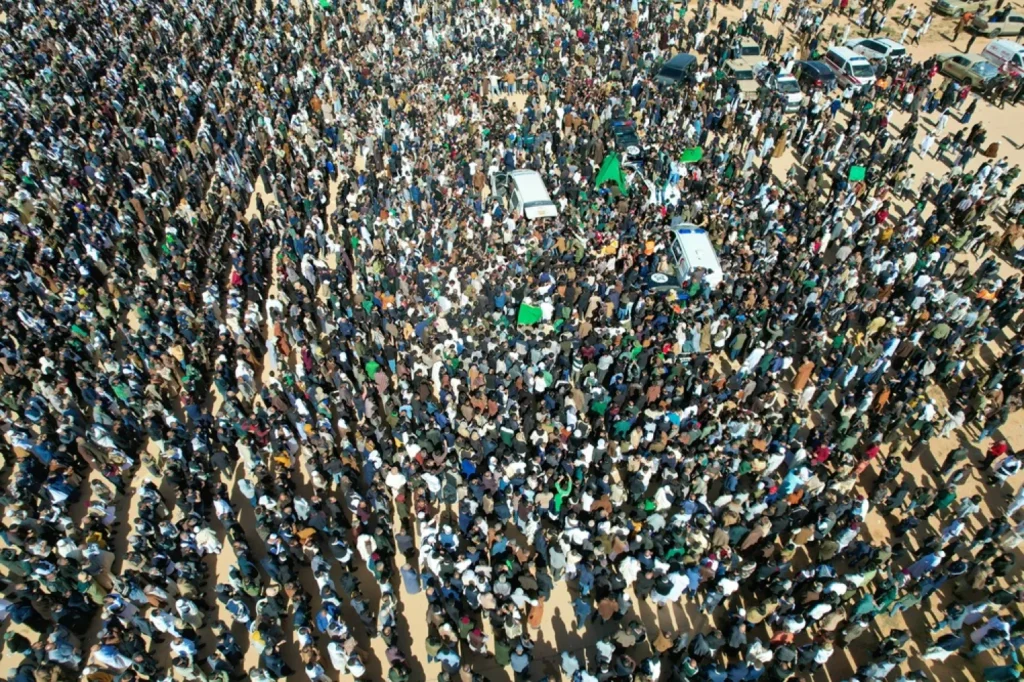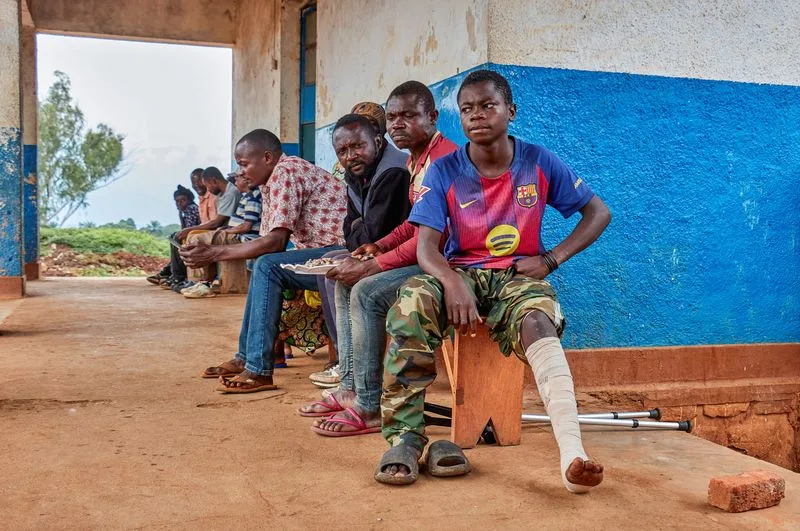
Russian mercenary operations in Mali have sparked deep resentment within the country’s army, destabilising military cohesion and eroding trust, a new report reveals.
The Wagner group entered Mali after the army seized power in coups in 2020 and 2021, expelling French and UN forces that fought Islamist insurgents. Although Wagner announced its departure in June, Africa Corps, a Kremlin-linked paramilitary unit, said it would remain, reportedly staffed mostly by former Wagner fighters.
Investigators from The Sentry, citing Malian military and government officials, said Wagner often operated outside the chain of command, using army equipment without consent. These unauthorised missions caused loss of personnel and vehicles, leaving Malian soldiers ill-equipped to respond during insurgent attacks, the report said.
Malian forces also resented preferential treatment for Russian mercenaries, including medical evacuations and privileges not extended to local troops, according to interviews cited by The Sentry. Rights groups have long accused Wagner of atrocities against civilians, but the report highlights harm to the very forces it was hired to support.
Earlier this month, Mali arrested over 30 soldiers and officers allegedly plotting to destabilise the government, partly due to grievances over Russian influence on bases. U.S. officials say Defence Minister Sadio Camara secured Wagner’s Mali operations, earning sanctions in 2023, while President Assimi Goita blocked the group from receiving mining concessions.
The Sentry concluded that Wagner and Africa Corps failed to establish any viable business, worsened relations with Mali’s army, and suffered setbacks undermining their feared reputation. The Russian Defence Ministry and Wagner did not respond to requests for comment, leaving questions over accountability and the future of paramilitary influence in Mali.



